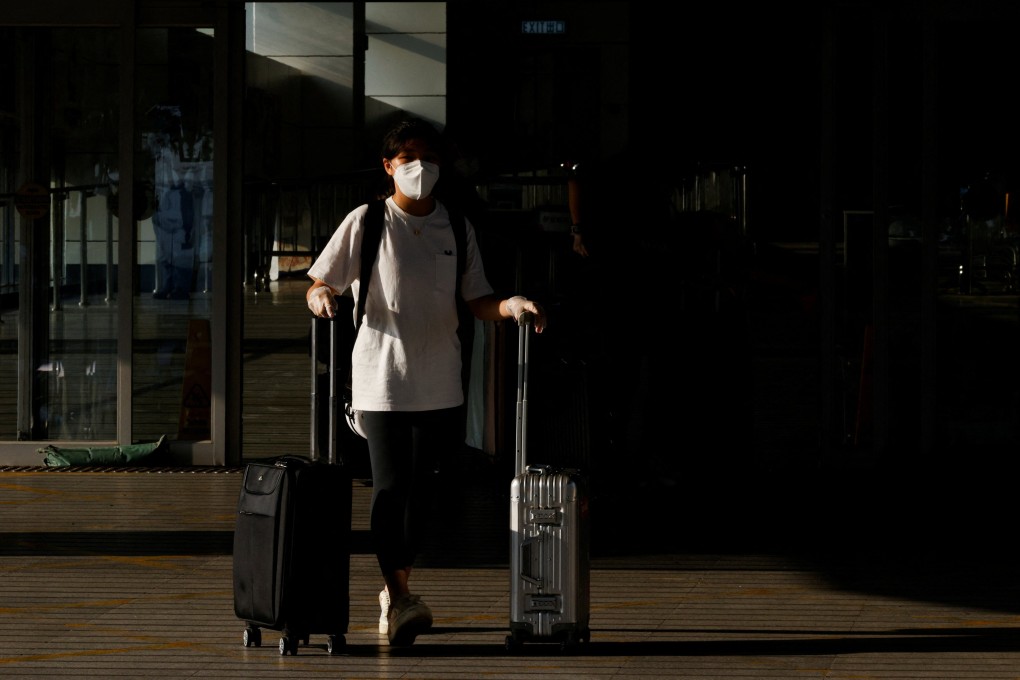Advertisement
Letters | 3 reasons Hong Kong should not wait for mainland reopening to open up to the world
- Readers discuss why Hong Kong should be a test case of opening up for the country as a whole, the guidelines for isolating Covid-positive children, an on-point Harry’s View cartoon, and the high bar placed on airlines flying to the city
Reading Time:4 minutes
Why you can trust SCMP
2

Feel strongly about these letters, or any other aspects of the news? Share your views by emailing us your Letter to the Editor at letters@scmp.com or filling in this Google form. Submissions should not exceed 400 words, and must include your full name and address, plus a phone number for verification.
The government’s policy priority has been to open up to the mainland first before opening up to the rest of the world. Despite the announcement of lifted flight bans, a streamlined flight suspension mechanism and eased quarantine requirements, arrivals remain mostly limited to local residents.
Here are three reasons for not waiting to open up to the mainland, and for Hong Kong to open up to the rest of the world first.
One, herd immunity on the mainland is weak and it will take time for the population to exit “zero Covid”. China is not yet ready to treat Covid-19 as endemic. Low vaccination rates, especially among the elderly, its reliance on inactivated vaccines which are less effective against the Omicron and Delta variants, and limited natural immunity from exposure to Covid-19 mean that the mainland will need to progress slowly to keep death rates under control and avoid overwhelming its healthcare facilities.
Thus, with much-improved levels of immunity, Hong Kong can move ahead and open up sooner to the world than the mainland.
Two, there is no national mechanism for opening up to the mainland. It will require negotiation with individual provinces and cities. Not only do they see us as economic competitors, the leaders of these jurisdictions have been put on notice with the recent news of mayors who lost their jobs after unacceptable increases in Covid-19 numbers on their watch. This is very different for Hong Kong.
Advertisement